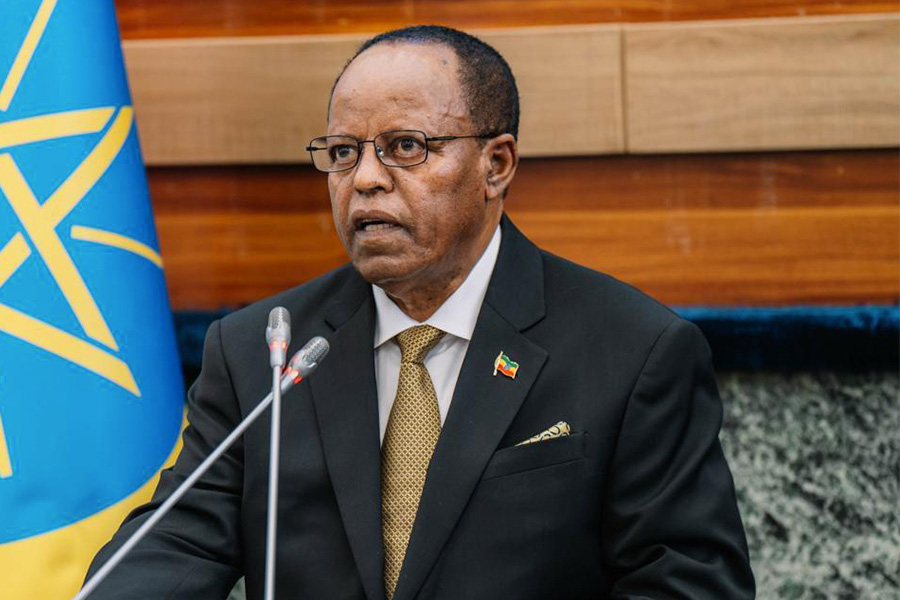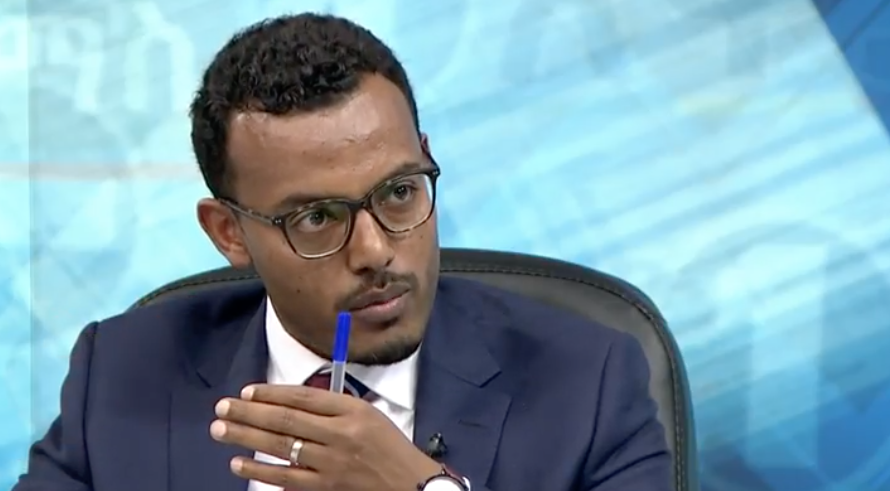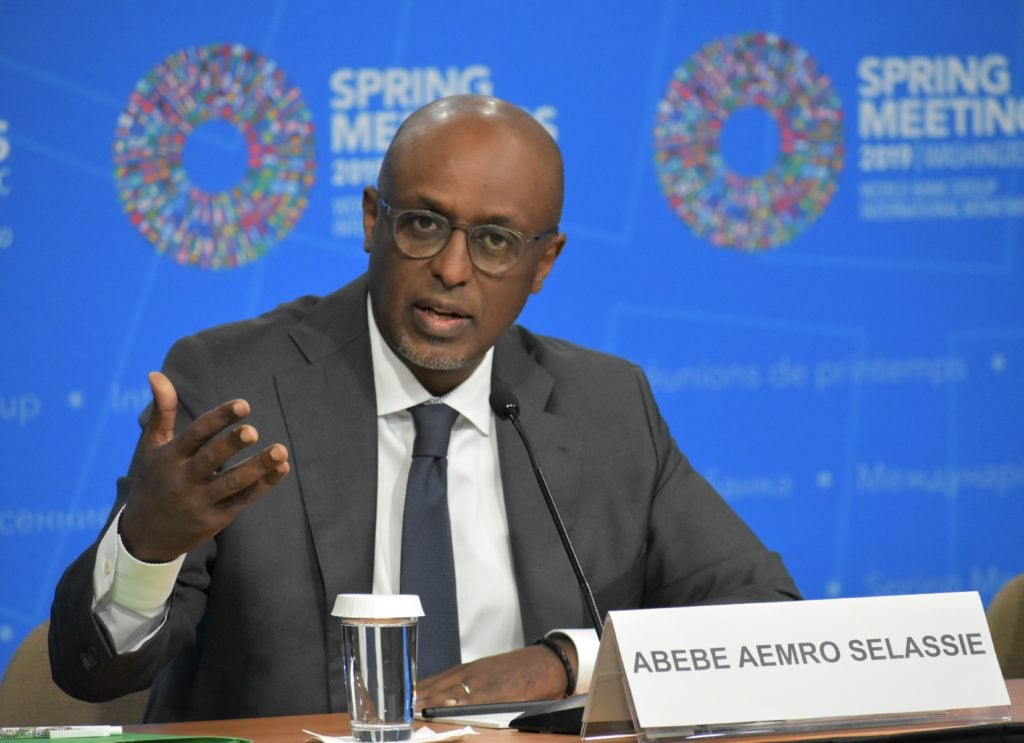
May 30 , 2025

The International Monetary Fund (IMF) and Ethiopian authorities have reached a staff-level agreement on the third review of a four-year, 3.4 billion dollars credit facility, paving the way for roughly 260 million dollars in fresh funds once the IMF Executive Board gives its final nod.
However, in the same breath, IMF officials warned that Ethiopia’s recent macroeconomic gains remain fragile without an unrelenting reform drive.
IMF staff held talks in Addis Abeba with Finance Minister Ahmed Shide, National Bank Governor Mamo Mihretu and other senior officials, and followed up at the Spring Meetings in Washington.
“The authorities’ policy actions in the first year of the program have yielded strong results,” said IMF mission chief, Alvaro Piris, in a statement today.
He praised what he called “an impressive outturns on inflation, export growth and reserve accumulation that outpaced program forecasts.” But, he also cautioned that past successes offer no guarantee of future stability.
IMF’s message is clear. Early triumphs should be cemented by persistent vigilance and structural overhaul if the country is to achieve high, private-sector-led growth and restore external-debt sustainability.
Since July 2024, when the arrangement was approved, Ethiopia has pressed ahead with a flexible exchange-rate regime and measures to modernise monetary policy, boost domestic revenue mobilisation and shore up state-owned enterprises. While these steps have helped address a real-exchange-rate misalignment and ease foreign-exchange shortages, parallel-market spreads surged again in early 2025, to above 20pc, revealing lingering distortions.
The IMF called on Addis Abeba to accelerate transparency initiatives, cut fees and commissions, and relax remaining curbs on current account transactions. It also urged tougher prudential oversight to anchor confidence in the foreign-exchange market.
Beyond currency reform, the IMF pushed for deeper structural changes as critical. Continued tight monetary conditions are placed by the IMF to anchor inflation expectations, while further tax reforms to shore up funding for priority capital projects.
“Reforms to improve the business environment, ensure fair taxation practices, and encourage foreign direct investment will be important to secure private-sector investment,” said the IMF.
The statement singled out the unfinished business of financial-sector liberalisation and capital-market development as vital to mobilising domestic savings.
A memorandum of understanding with official creditors is expected before the Executive Board convenes, setting the stage for the third-review disbursement later this summer.

Viewpoints | Dec 11,2020

Radar | Jul 08,2023

Radar | Jul 06,2025

Radar | Aug 05,2023

Radar | May 18,2019

Editorial | Mar 19,2022

Fortune News | Jun 23,2019

Viewpoints | Aug 30,2025

Commentaries | Jun 29,2019

Exclusive Interviews | Apr 13,2019

Photo Gallery | 170269 Views | May 06,2019

Photo Gallery | 160508 Views | Apr 26,2019

Photo Gallery | 150135 Views | Oct 06,2021

My Opinion | 136240 Views | Aug 14,2021





Oct 4 , 2025
Eyob Tekalegn (PhD) had been in the Governor's chair for only weeks when, on Septembe...

Sep 27 , 2025
Four years into an experiment with “shock therapy” in education, the national moo...

Sep 20 , 2025
Getachew Reda's return to the national stage was always going to stir attention. Once...

Sep 13 , 2025
At its launch in Nairobi two years ago, the Africa Climate Summit was billed as the f...